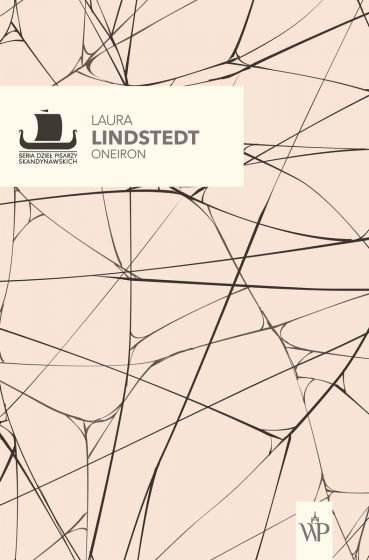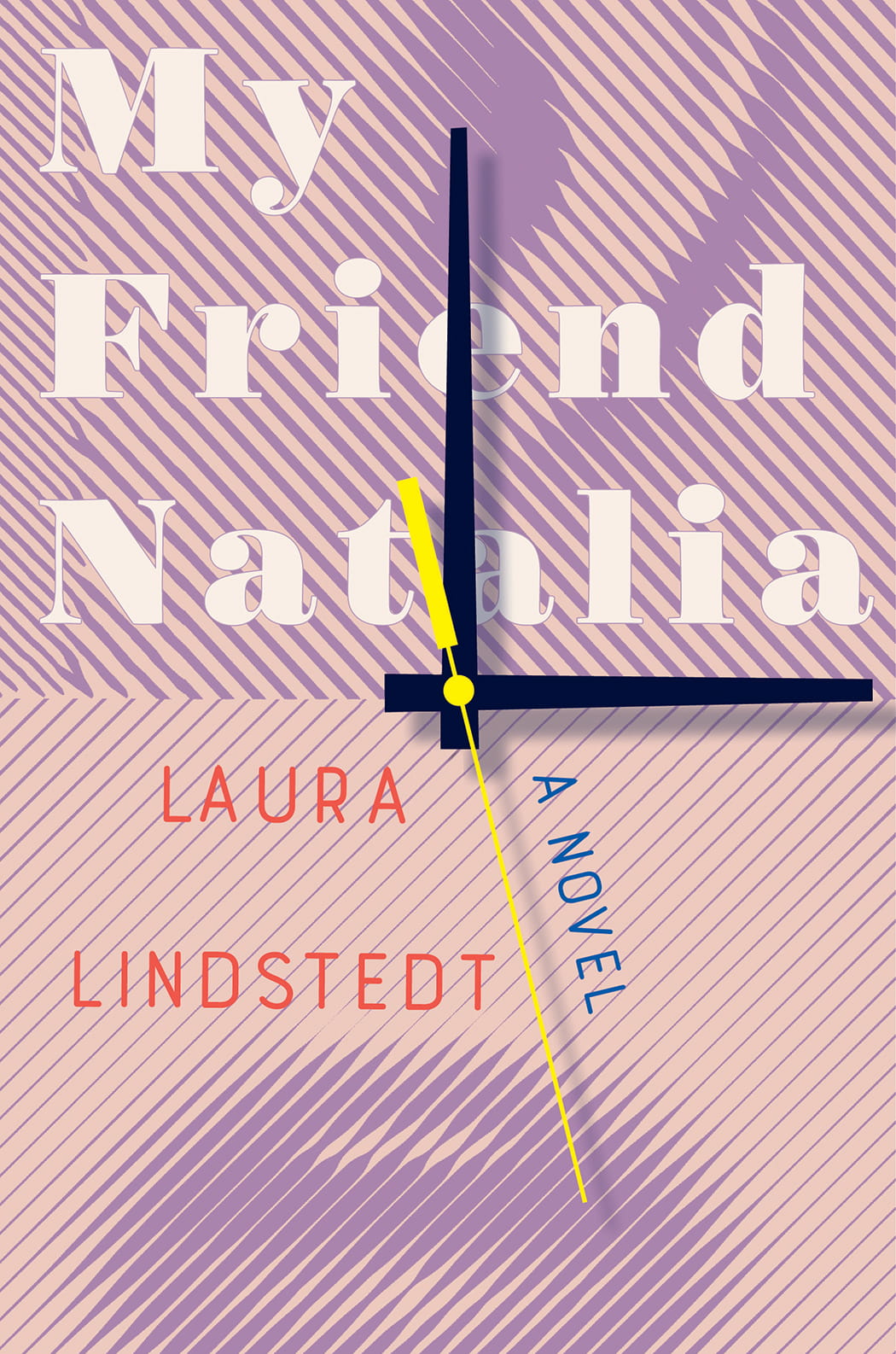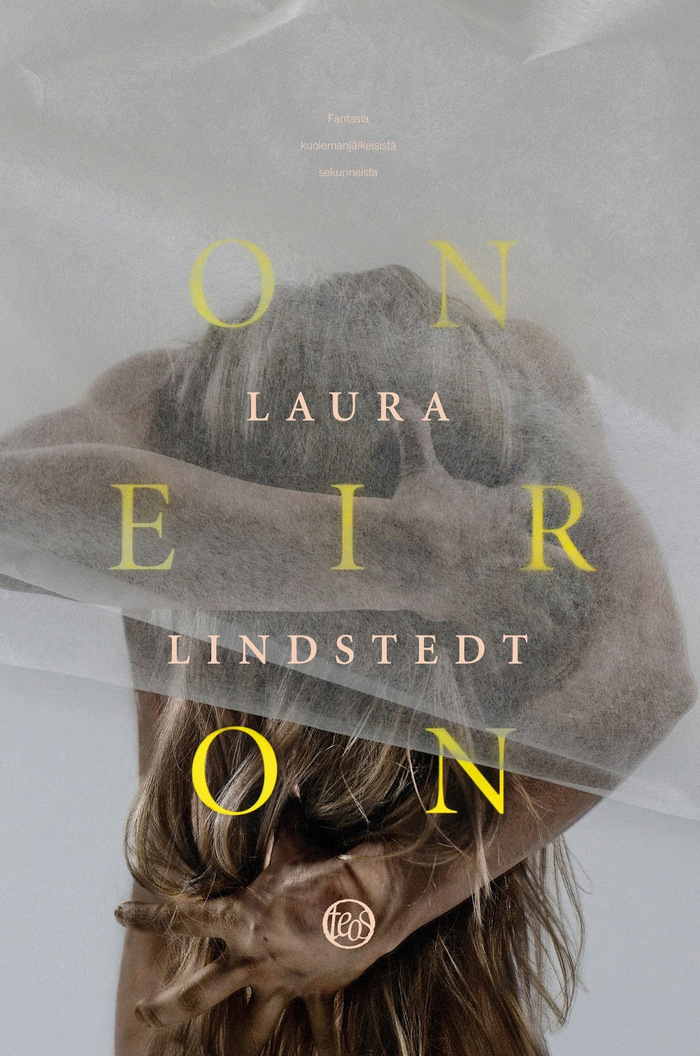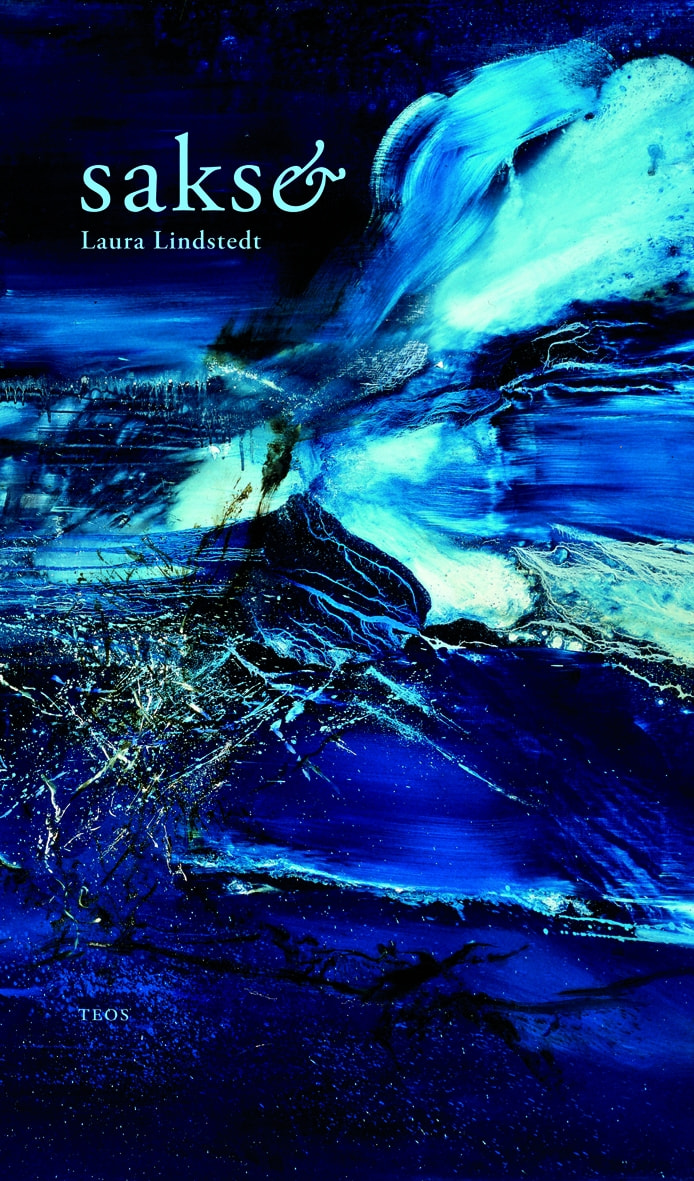| We are extremely happy to let you know that Laura Lindstedt’s ONEIRON, which in 2015 won the most prestigious literary prize in Finland – the Finlandia prize – has now been published in Poland by Wydawnictwo Poznańskie to excellent reviews!
The novel introduces seven women in a white, undefined space seconds after their deaths.
None of the women can remember what happened to them, or how they got there.
Lindstedt plays with genres from essay to poetry, transitioning from humor to rage – while asking her reader to contemplate the question of death’s inevitability and what follows it.
The book has sold to 14 territories, but the rights are still available in Estonia, Russia, Germany, Latvia, Netherlands, Iceland, China, Japan, etc.
Download the full English manuscript here.
The first Polish reviews are in and they are really positive:
The novel about small, almost transparent moments and decisions that made our lives. /../
Although Lindstedt is playing with imagination, building a new, post-death world, I get the feeling that what she wants really to write about is the way we live
– Sylwia Chutnik, writer
We can debate on whether „Oneiron” is about the collective memory of one sex, or if it is the history of memory stigmatisation by means of who we’ve been and what we’ve experienced as a certain sex. One thing is for sure: Lindstedt’s womanhood is power and mystery
– Jarek Czechowicz, independent literary blogger
The thing is, what causes the women’s death, and how they died. Here the main part plays the male power, which manifests itself in different ways (…) but Lindstedt does not give us the accusatory vision of the world as seen by the victims. Her heroines are strong, determined to fight for themselves and their goals. With no regrets.
– literary critic Maciej Kijko
The author Laura Lindstedt also just had a a very fascinating interview with her Polish translator Sebastian Musielak about Oneiron, which you can re-watch on Youtube (in English).

ONEIRON
by Laura Lindstedt
Seven women meet in a white, undefined space seconds after their deaths. Time, as we understand it, has ceased to exist, and all bodily sensations seem to have disappeared.
None of the women can remember what happened to her, or how she got there. Performance artist Shlomith from New York, chief accountant Polina from Moscow, heart transplant patient Rosa Imaculada from Brazil, upper-class Nina from Marseilles who is expecting twins, Wlbgis from the Netherlands, who suffers from throat cancer, Senegalese Maimuna, who dreams of a career as a model, and Austrian teenager, Ulrike. They don’t know each other. They don’t know why they are there – or where they are. In turn they try to remember, to piece together the fragments of their lives, their identities, their lost loves, and to pinpoint the moment they left their former lives behind.
Lindstedt plays with genres from essay to poetry, transitioning from humour to rage – while asking her reader to contemplate the question of death’s inevitability and what follows it. As also in Lindstedt’s acclaimed debut novel Scissors, Oneiron addresses the challenges of communication on several levels.
Laura Lindstedt (b. 1976) became a critical darling with her adoption-themed debut novel Scissors (Sakset, Teos 2007), which earned her a nomination for the Finlandia Prize, the country’s most prestigious literary honour. She is currently revising her Ph.D. thesis on French author Nathalie Sarraute. Lindstedt’s second novel Oneiron (Teos 2015) is a work of speculative fiction that takes place in the mysterious moments that follow one’s death. Oneiron has continued Lindstedt’s critical success, earning her the coveted 2015 Finlandia Prize. Lindstedt’s latest novel My Friend Natalia has been a critical success and the rights have been sold to 12 territories |

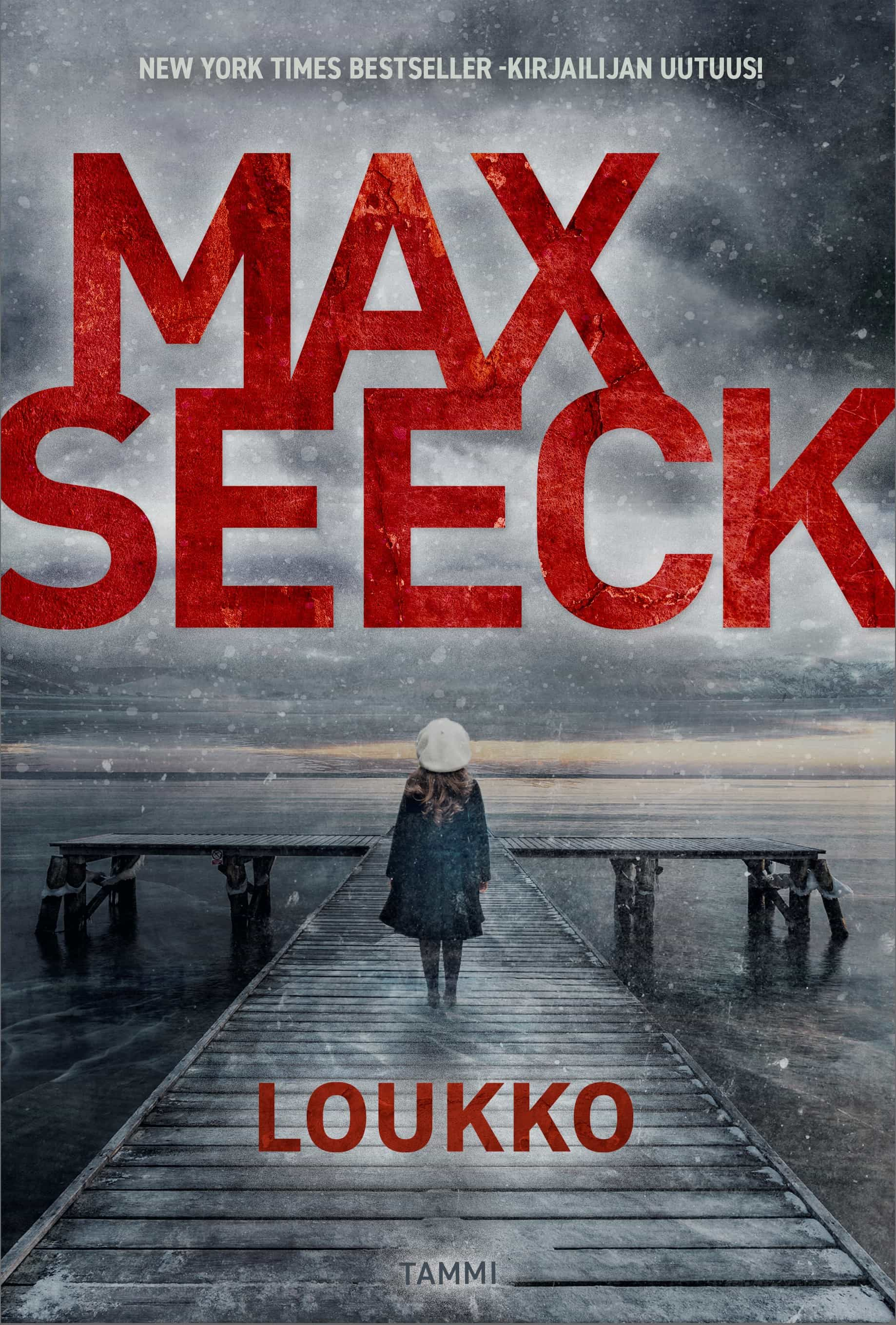 Loukko by
Loukko by 